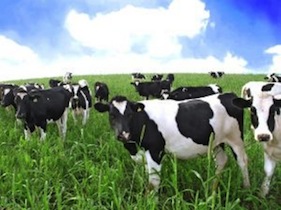Biomass
Introduction
Biomass is a material formed from living things such as plants, animals and even bacteria. This is a form of energy that is hugely popular in developing countries and it is now being seen as a real alternative to fossil fuels in the Western World. Attempts are currently being made in the UK that will run solely on wood from a nearby farm.
How this energy is collected
The way that energy is collected in this form renewable energy depends on where the biomass has derived from. To get energy from plants, such as trees and hay it needs to be burnt to provide heat to create steam to generate electricity in a power station. It is slightly different it comes to animal material as it can be treated to create a gas that will be burnt to generate electricity. It can also be treated to produce alcohol, which can be used as a replacement to petrol. Another way to collect energy from biomass is through the growing of energy crops as opposed to food crops, and can be used as diesel petrol for cars.
Benefits
A benefit to this form of renewable energy is that because it derives from trees, they can be replanted and coppiced. They can be used in similar ways as fossil fuels, sources of biomass are readily available and energy can be extracted from wastes. With the ability to extract energy from waste this is also beneficial as it helps to provide a solution to other environmental issues such as the amount of industrial waste and it can now dealt with by using it as a biomass fuel. Also this is fully renewable energy resource because in regard to using material such as trees, all the trees are replanted and as a result absorb the carbon produced from using this energy source.
If you require consultancy services or further information please click here.




